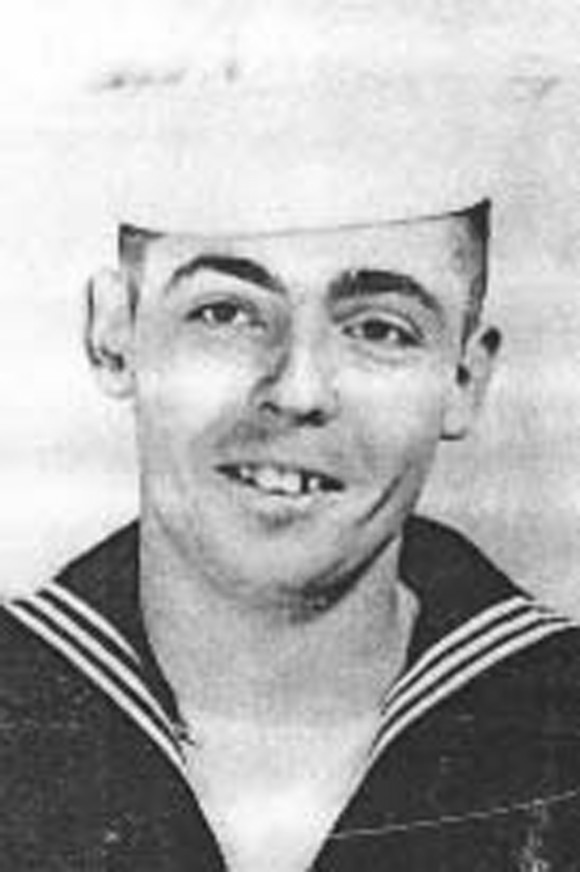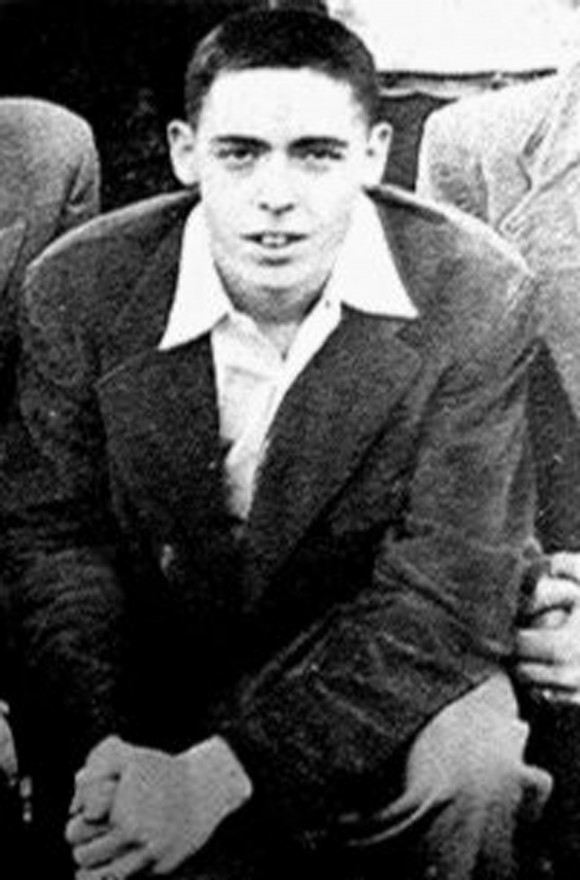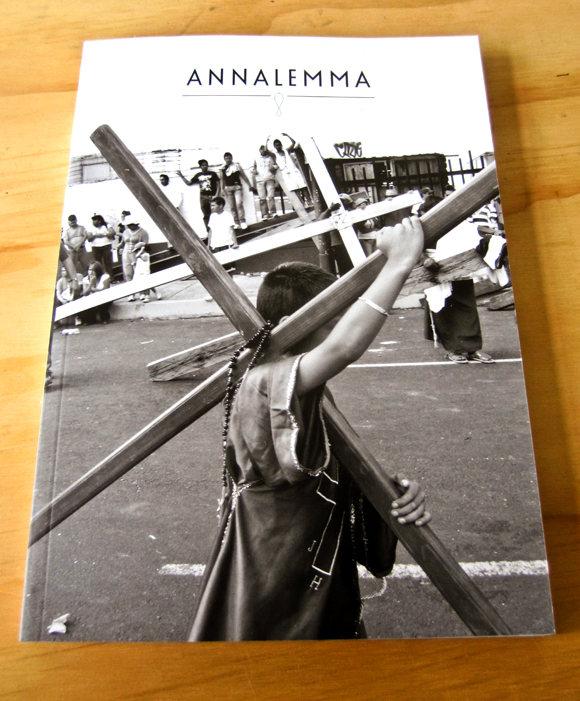I’m reading 120 books in 2010. The first was The Crying of Lot 49 by Thomas Pynchon. Some random thoughts:
I’ve tried and failed to read Pynchon many times. Around the time I figured that I wanted to be a “wri-tor™” I’d been reading a lot of Big Brother skate mag. Dave Carnie in particular. He was always going on about Pynchon and Beckett so I tried to give them a shot. I was about 19 or 20 at the time and the most challenging novels I’d read was Vonnegut’s back catalogue. I wasn’t nearly prepared for the verbal acrobatics in Gravity’s Rainbow or Molloy. I was used to identifying immediately with the voices in a novel, so much so that it was like dropping into a jetstream. No effort needed, the author was there to do al the heavy lifting and hold your hand throughout the whole thing. I wasn’t prepared for a novel being a problem to solve or a puzzle to unravel. So I got lazy and quit. Both Gravitiy’s Rainbow and Molloy. Shelved them until my focus was a little bit more attuned and I could read something for more than three hours besides celebrity gossip blogs. Last week I decided I’d try and climb the Pynchon ladder once more. Start small, with his most petite work.
As soon as I started reading I immediately noticed how many writers attempt to copy his style. And how flawlessly they fail at this. It’s a common misconception among start-up writers that big words, twisting and bending language, can make one’s writing appear intelligent or complex. Often it just makes you sound like an asshole with a thesaurus. The reason it works with Pynchon is because he’s got something backing up the words: a tightly knit story to tell. I fell into that trap too when I was starting out. Playing with the cake frosting of goofy and meticulous language. I quickly learned that if you don’t have any passion or drive to move the story along those words are going to sabotage your story and your audience won’t care enough to continue.
A problem I have with the conflict: Why does Oedipa even care about unearthing the Tristero? I understand that she gets sucked into the intrigue eventually, like if a friend stops just short of revealing a juicy piece of gossip. There is no way you can continue life without knowing what your friend was going to say. Oedipa becomes obsessed, each clue pulling her further down the rabbit hole. I get that. What I don’t get is why she cared in the first place? Was she just bored? Her life with Mucho was boring as shit. She didn’t really have anything else going on, so why not solve a mystery, why not have a fling with your dead ex-boyfriend’s lawyer. I dunno, maybe I just missed it in the begining. I do that a lot when reading language-heavy books. My eyes keep following the words, but my mind is off wondering what my friends are doing or trying to decide what to make for dinner. When I come to I realize I’ve missed important parts of the story. Then I have to go back to the parts I skipped. And that’s why I read slower than a tree sloth that’s eaten a whole plate of weed brownies.

Symbolism can sometimes be a dangerous thing. Find a little bit of it somewhere and you start looking for it everywhere. You start to see things that aren’t really there. And it can drive you insane.
One down, 119 to go…
























In my opinion–heretic that I am–Vineland is not only Pynchon’s easiest book, and also his best. It may not have the sheer verbal force of GR, but the emotional depth more than makes up for it. It is also the kind of damning critique of America that we desperately need today.